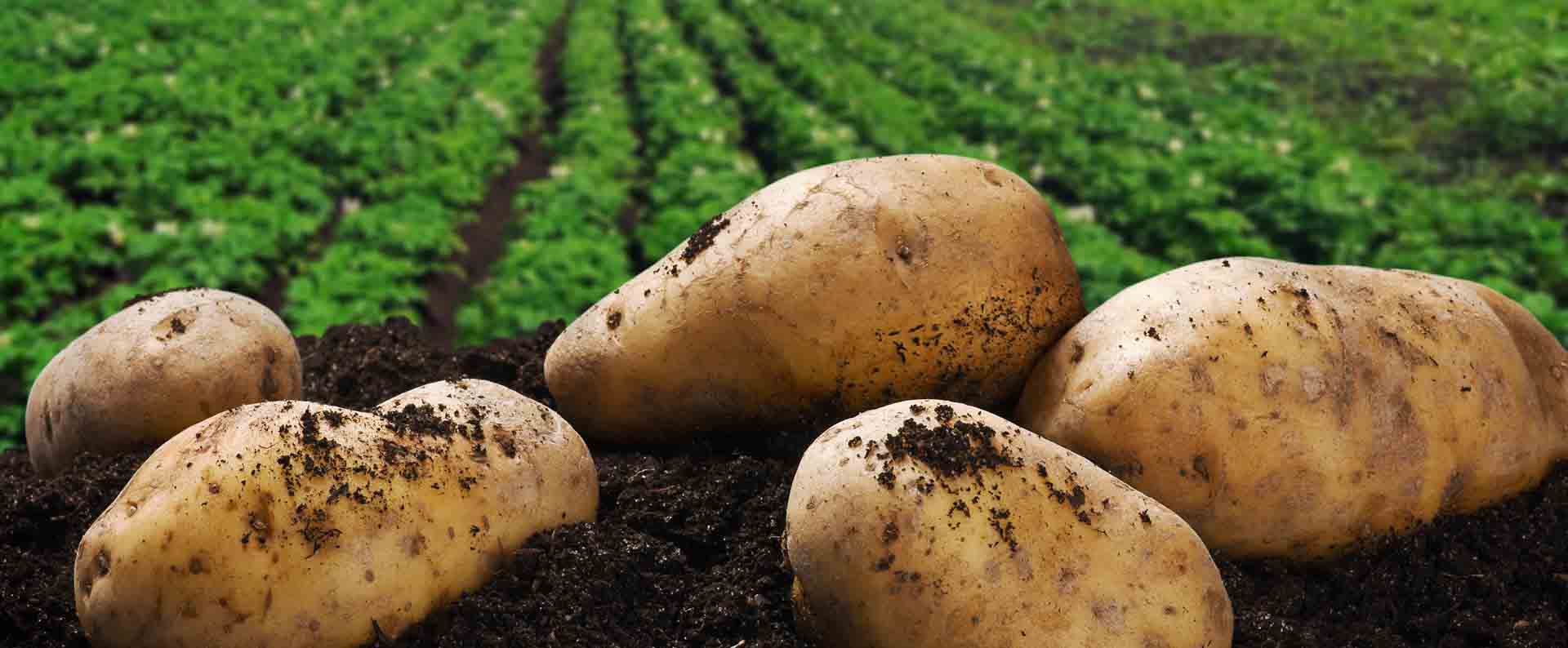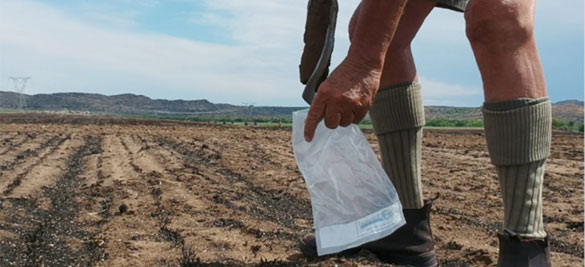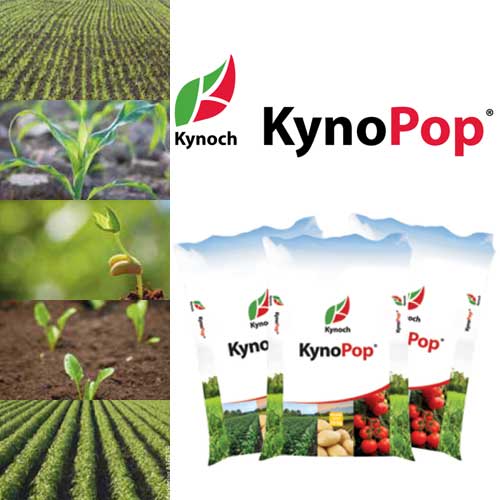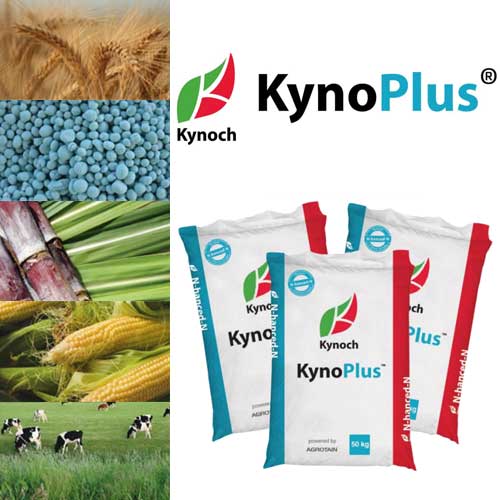
The Essential Components of a Plant Fertilizer
12/07/2021
The Requirements for an Effective Citrus Fertilizer
29/07/2021How to Choose a Vegetable Fertilizer
For plants such as carrots, cabbage and potatoes to grow and maintain their health, they must continuously extract essential nutrients from the soil in which they are grown. Over time, these nutrients often become depleted, and unless this deficit is corrected, plants will fail to thrive due to malnutrition. Although the missing substances will eventually be replaced naturally, the process of natural regeneration is slow. In practice, the only way to guarantee a healthy crop will be to apply a sufficient quantity of appropriate vegetable fertilizer.
Much like a growing child, a plant’s nutritional requirements tend to vary at different stages of its growth. For example, the needs during the germination process can be quite different from those necessary to promote rich, green foliar growth. Growers need to be aware of these varying requirements and ensure they are met at each stage of a plant’s life cycle. It is also important to note that different species will often have different needs. While one nutrient mixture might be ideal for root crops, an alternative vegetable fertilizer might be necessary to encourage healthy stem growth in climbing plants such as tomatoes.

When deciding how best to proceed, the first step should probably be to weigh up the relative merits of organic and inorganic mixtures. For instance, compost and manure can be highly nutritious and are inexpensive or even free when homemade. However, one can never be sure of their exact composition, and it isn’t easy to apply them evenly. By contrast, although a commercial product will cost more, purchasing an inorganic vegetable fertilizer from a reputable manufacturer will guarantee your plants have access to all of their essential nutrients in the necessary proportions.
In addition, because commercial preparations are available in either granular form or as a liquid, these products are easy to apply. Whether liquid or granular, one can ensure these products are evenly distributed and that each plant will receive an equal share. Furthermore, if you employ a liquid product you have the option to include other liquid treatments with the vegetable fertilizer in a single, combined spraying operation.
If there is a downside to using these inorganic products, it is their lack of organic matter necessary to condition the soil. Given that the contents of compost and manure are uncertain, the ideal solution is to use these as soil conditioners before planting. After performing a soil analysis to determine the existing nutrient levels, one can select and apply the most appropriate vegetable fertilizer to correct any apparent deficiencies. A Kynoch agricultural specialist is always on hand to provide help with soil analysis and product selection.






.png?v=1594369838025?v=1594369838026)